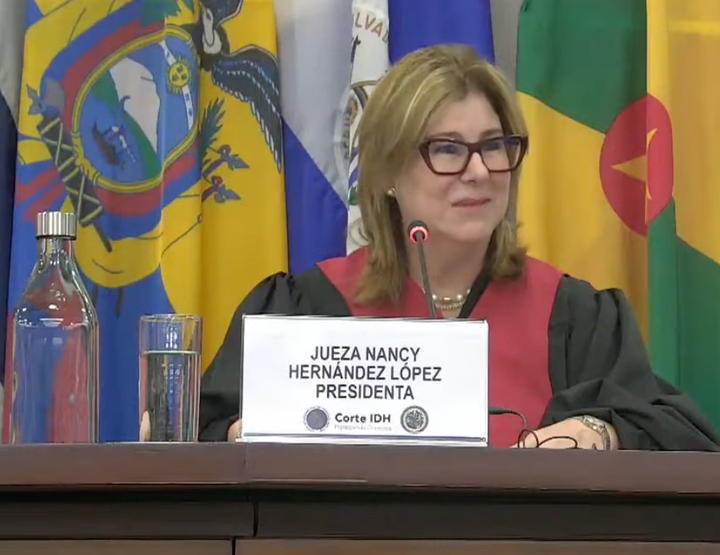Climate Accountability Lawsuits Are Advancing In Hawaii As State Suffers Major Climate-Related Disaster

Climate lawsuits seeking to hold a state transportation agency and major fossil fuel producers accountable for contributing to the climate crisis are moving forward in Hawaii.
The state is currently reeling from devastating wildfires on the island of Maui that have destroyed the town of Lahaina and killed at least 93 people – the deadliest wildfire disaster the U.S. has seen in over a century. Scientists say global heating driven largely by fossil fuel combustion contributes to drying conditions that makes vegetation more flammable. Climate change generally enables fires to burn more intensely and over larger areas, and is an important factor in worsening the devastation from the Maui wildfires.
While the lawsuits underway will not provide relief for this disaster, they are part of the larger global effort to hold governments and corporate polluters accountable for exacerbating climate harms. As climate journalist Amy Westervelt explains in a recent piece, “accountability isn't just ‘a’ climate solution, it actually has to be the first one.” Climate litigation is surging around the world and is a critical tool for advancing climate justice, according to a new report from UN Environment Programme (UNEP) and the Sabin Center for Climate Change Law. “People are increasingly turning to courts to combat the climate crisis, holding governments and the private sector accountable and making litigation a key mechanism for securing climate action and promoting climate justice,” UNEP Exective Director Inger Andersen said.
In Hawaii, where the transportation sector is the largest source of greenhouse gas pollution in the state, a group of fourteen young people have brought a climate accountability lawsuit against the Hawaii Department of Transportation. By continuing to operate a carbon-intensive transportation system and not acting swiftly to slash transport emissions in line with Hawaii’s ambitious climate goals, HDOT is contributing to worsening climate change and violating the youth plaintiffs’ constitutional rights, including the right to a clean and healthful environment, the lawsuit contends.
The youth-led case, Navahine F. v. Hawaii Department of Transportation, is headed to trial next summer. New trial dates were recently announced – June 24 to July 12, 2024 at the Environmental Court of First Circuit in Honolulu. It will be just the second constitutional climate case to go to trial in U.S. history, following the landmark trial in the Held v. State of Montana case in June 2023.
Two other climate cases in Hawaii are also on track towards trial. These cases target major oil and gas companies such as ExxonMobil, Chevron and Shell, arguing the companies engaged in a longstanding climate disinformation campaign to protect profits and block or delay climate action. Plaintiffs Honolulu (city and county) and Maui (county) brought their cases in March and October of 2020, respectively, against fossil fuel defendants. The lawsuits are currently pending in Hawaii state court after surviving attempts from defendants to force the cases in federal court. Maui’s case is awaiting a decision on defendants’ motions to dismiss. Honolulu’s case is a bit further along as the state trial court has already denied defendants’ motions to dismiss; defendants have appealed and the Hawaii Supreme Court will hear the appeal this week on August 17.
Climate-related disasters are increasingly wreaking havoc across the United States and around the world, and Hawaii is no exception. The islands are especially vulnerable to sea level rise, flooding, and severe storms, and they are also experiencing extreme heat, drought and deadly fires. In its complaint, Maui County referenced worsening wildfires as one of the climate impacts it is seeing. “Wildfires are becoming more frequent, intense, and destructive in the County,” the complaint states.
The Center for Climate Integrity, which advocates for holding climate polluters accountable, says that Maui’s current wildfire disaster makes its lawsuit against oil and gas majors “increasingly relevant.”
“Maui residents are currently suffering mass evacuations, the loss of loved ones and homes, and cultural and economic destruction that will be felt for years to come — it’s cruel to stick them with the bill to clean up and recover from a disaster made worse by Big Oil's lies,” CCI said in a post. “Maui communities have already paid more than enough; it’s time for Big Oil to stand trial for their climate deception.”


